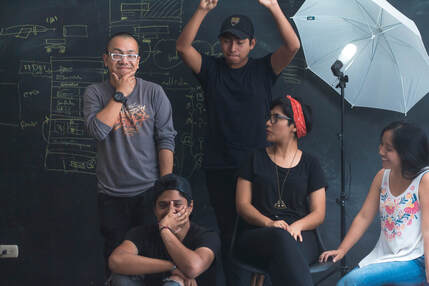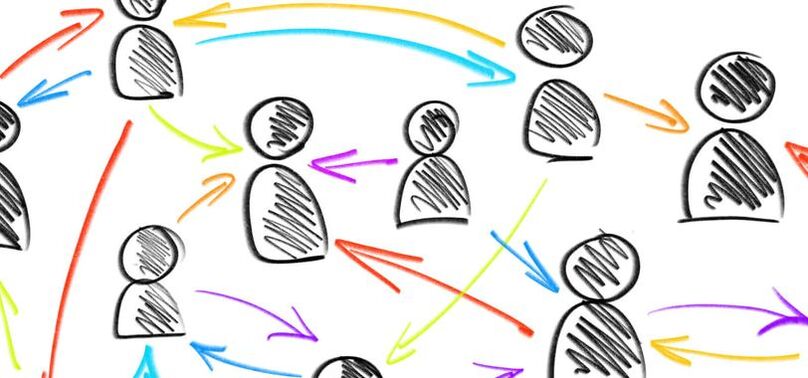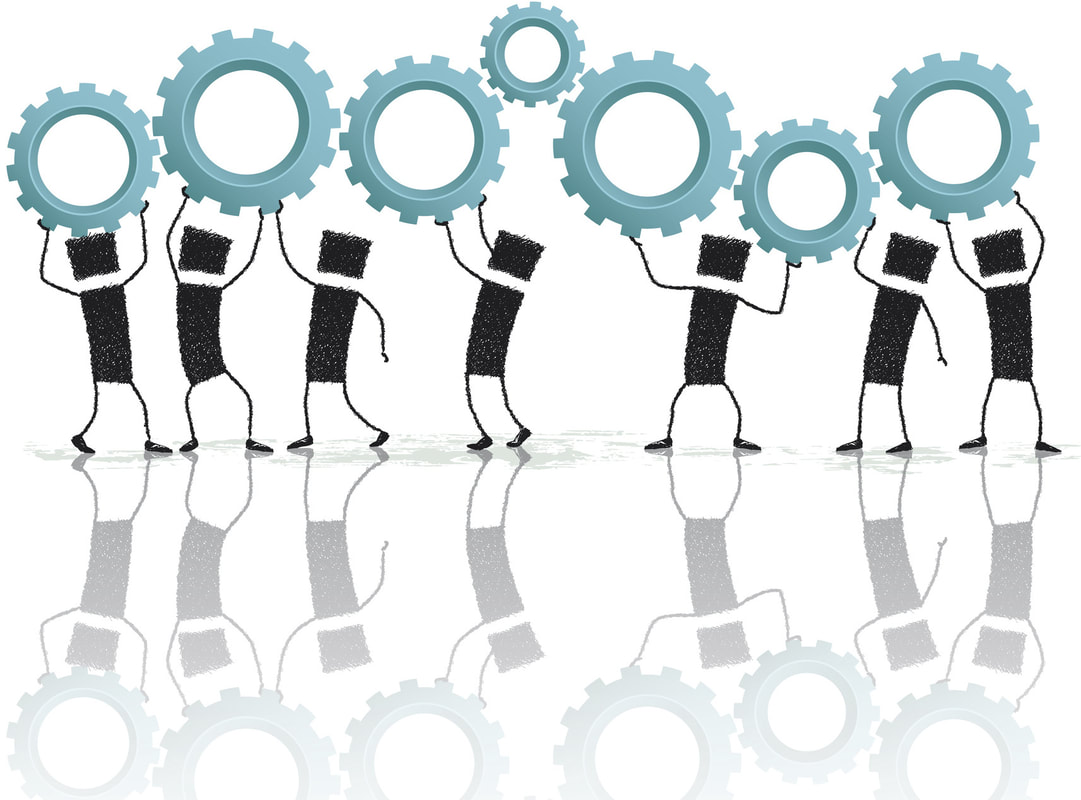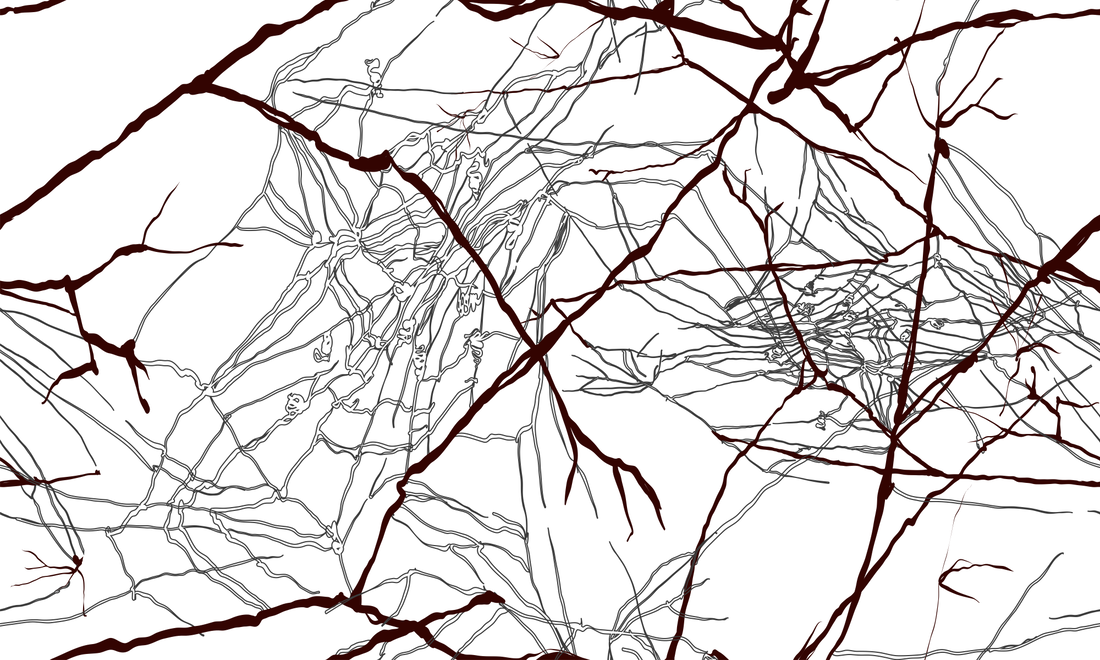What organisations benefit from, often crave, are relational and conversational spaces coupled with routes to outcomes - and together ignited by leadership that can bridge both domains. This is at the heart of my work with teams and groups.
There are many models and ways of working with teams and groups. A colleague and I contributed one of our own in 6 Critical Leadership Capacities. These all have value, but I now want to get to more of the essential, the underlying essence, of what contributes to the growth of a team or group, of what promotes sustainable effectiveness and scale, and the approaches to development that work best.
The work is to become collectively more conscious and intentional, and consciously and intentionally more collective.
Read more ...
Sustainably effective teams and groups possess four key attributes:
- Relatedness - safety and ok-ness, connection, good dialogue, belonging and community.
- Clarity - of purpose, direction, priorities, roles and accountabilities.
- Spaciousness - to think and listen, to breath and sense, for dialogue and generative conversation, to be with what is, to navigate within complexity.
- Courage - of commitment and accountability, the ‘secret sauce’ of intentionality and practice, to step outside of places and patterns that no longer serve.
Working with teams and groups is about you seeing and working on yourselves, through what matters most right now, developing these (and other) attributes - bringing the work into the development and the development into the work.
|
I have a preference for dialogic over diagnostic discovery, each team and context is unique, so measuring one against a semi-arbitrary scale of others is of limited value.
Bringing thinking and being to the fore in addition to doing is critical. Our world and our upbringing, our measures, tend to be so much about doing, yet growth and development, working with today’s challenges, these really require us to build our muscles of thinking and being. |
|
Too often when teams and groups come together it becomes a rushed experience with a tightly packed and timed agenda full of information transmission and with little space to engage and relate, little space to think and listen in a quality manner. My preference is for there to be more space, with a freer structure and the option to switch tempo and focus as the conversation emerges.
begin with invitation - craft the container - give a place to who and what came before - see and speak about the present, just as it is - pay attention to what wants to shift and emerge - galvanise steps towards better
To many this 'softness' doesn't look like it will get anywhere, yet if we're talking about complex situations with thorny and engrained problems, then slowing down and sensing really does help to move ahead better compared to rushing and fixing. This way promotes relatedness and creates the conditions where people can discover the ideas and courage for what lies ahead. The best way to start is not with information but with questions.
Some questions and areas that I find useful to prime thinking and for early discovery:
Some questions and areas that I find useful to prime thinking and for early discovery:
- If the team or group could speak, what would it say?
- What happened in the past that's affecting the present, that isn't being seen or acknowledged?
- Who or what needs to given a place before you can move forward?
- What's up with the present that’s no longer appropriate for the future that you see ahead?
- What is the energy for change - the extent to which folks want to create change, and the desire or need to do so collaboratively?
- What do you want to create together?
- What is your part or contribution to the problem or situation you see before you?
- What do you imagine there needs to be more or less of to improve effectiveness (individually, from the team or group, from the leader, by the leader)?
Places to start to improve effectiveness?
|
Safety trust
Listening
Responsibilities
Decision making
|
Remembering
Feedback
Accountability
Candour
|
Decision making
Strategy
Structure
Behaviours
|
Breathing space
Direction
Purpose
Mindsets
|
Ask members to pick one ‘big bet’ item that’s most important to improve the team’s effectiveness as quickly as possible; then one or two others that would fuel improvement in that first element (Bratt)
Some useful moving forward and 'charter' questions:
- Why does this team/group exist and what for?
- Who or what do we serve?
- How will we be successful?
- What are we excluding, saying no to or refusing?
- How do we behave?
- What's most important right now?
- Who needs to do what?
- How will we know that we are being successful?
- What do we need to sustain ourselves in our good endeavours?
"Under conditions of uncertainty, starting a journey with a very clear plan is dangerous because it limits what you can see to what you think you might see. In complexity, it is better to start a journey with a sense of direction, but not having precise goals."
David Snowden
I work with teams and groups from the very small and local, to the very large and global; with those that are mostly looking inwards, to those mostly looking outwards; from those troubled by seeming dysfunction and lacking engagement, to those looking to expand their mission and impact. When I ask these clients what they hope to be different as a result of our work together I find many recurring contexts:

- Wanting to refresh or repurpose, to reconnect with why and what matters.
- A desire or imperative to scale leadership and overall organisational capacity.
- Sensing that getting better at the 'soft stuff' will result in better delivery of the 'hard stuff'.
- A need to build greater organisational and stakeholder understanding, engagement and contribution.
- Being at a strategic inflection point of choice, opportunity or challenge.
- Addressing dysfunction and inability to have productive courageous conversations.
- Navigating complexity; moving from predict-and-plan to sense-and-respond.
- Building systemic intelligence and promoting systemic health.
- Leading and working in near constant change and unpredictability.
- Understanding and working with transformation.
A note about structure - form and fit for future and function

'Team’ is often the default term for an organisational grouping, and everyone assumes it means the same thing. A team can have many different forms, and one of the traditional team forms may not even be the most appropriate for the task at hand.
For example Collaborative teams tend to have a single purpose and outcome, and there is a need for high mutual interdependency for effectiveness and success. Whereas Co-operative groups tend to have a commonality of purpose or interest, but there are as many different outcomes of success as there are members, and the need for interdependency may be more fluid. Getting clear about what form you are matters, knowing that it’s a fit for what lies ahead matters more.
For example Collaborative teams tend to have a single purpose and outcome, and there is a need for high mutual interdependency for effectiveness and success. Whereas Co-operative groups tend to have a commonality of purpose or interest, but there are as many different outcomes of success as there are members, and the need for interdependency may be more fluid. Getting clear about what form you are matters, knowing that it’s a fit for what lies ahead matters more.
This article draws on several sources and influences. Tony McGuire, Pete Marsh, Kat Ferguson, Chris Dalton, Patrick Lencioni, Peter Block, Bennett Bratt, Adam Kahane, Ty Francis, Lynn Stoney, and Harrison Snow have all influenced my thinking and learning. There are many others whose contributions have enriched my unconscious. Thank you all.
Read less









 RSS Feed
RSS Feed